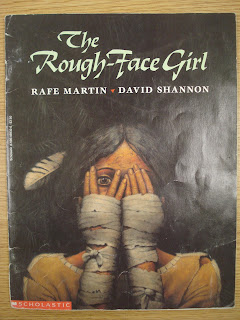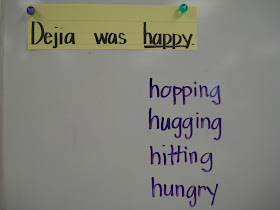I have a few important people to thank for inspiring me to become a better writing teacher. First, there's Regie Routman. I love to sing her praises. It's safe to say I want to be like her when I grow up. Lucy Calkins is right up there as well. I'd been using a writing workshop format in my classroom before I found her, but her Units of Study for Primary Writing: A Yearlong Curriculum K-2 tightened things up and lifted the level of writing in my class several notches. Thank you Lucy. (Click on the orange words to read more about her Units of Study.)
Come to find out, she's just like you and me. Her way of thinking about teaching and learning is in a constant mode of change and improvement too. Over the summer I came across her downloadable curricular plan for 1st grade writing workshop. (She's written them for K-8). She updates her units annually to reflect latest research and best teaching practices. How did I not know about this before?
(Click on the picture for more info.)
- Launching with Small Moments
- Writing for Readers
- Realistic Fiction
- Procedural Writing: How-To Books
- Opinion Writing: Persuasive Letters and Speeches
- Authors as Mentors: Craftsmanship and Revision
- Informational Books
- Cross-Genre Writing Projects
- Informational Writing about Science
- Poetry: Powerful Thoughts in Tiny Packages
I'm not about programs, but I do agree with Lucy's pedagogy and way of teaching writing. If you're looking to become a better writing teacher and see the level of writing lifted a few notches in your room, which the Common Core expects, I'd recommend looking into Lucy's Units of Study as well as her yearly updated curricular plans. She knows what she's talking about.





































